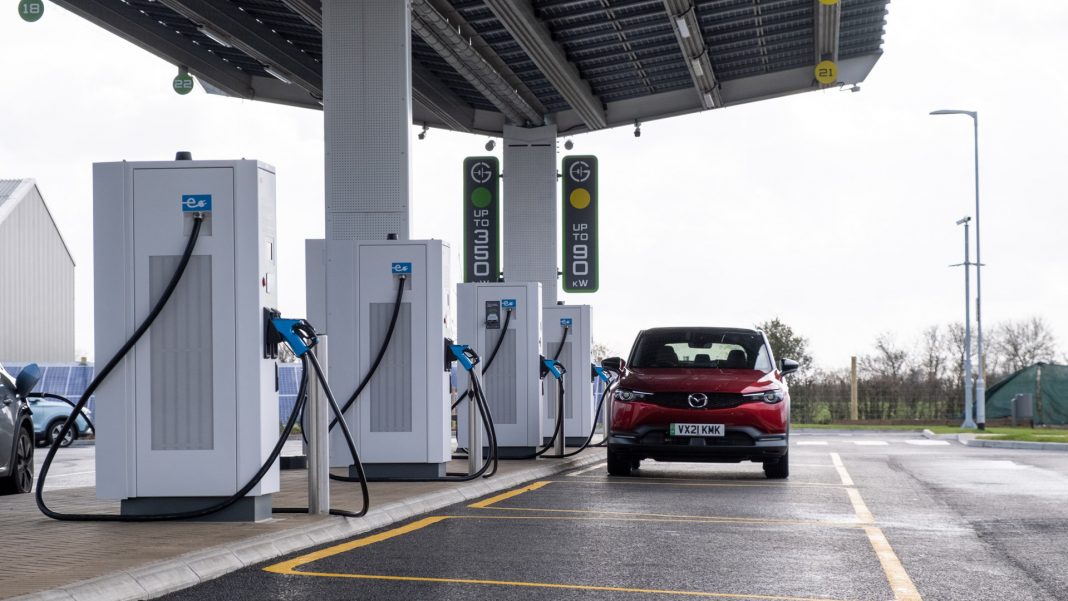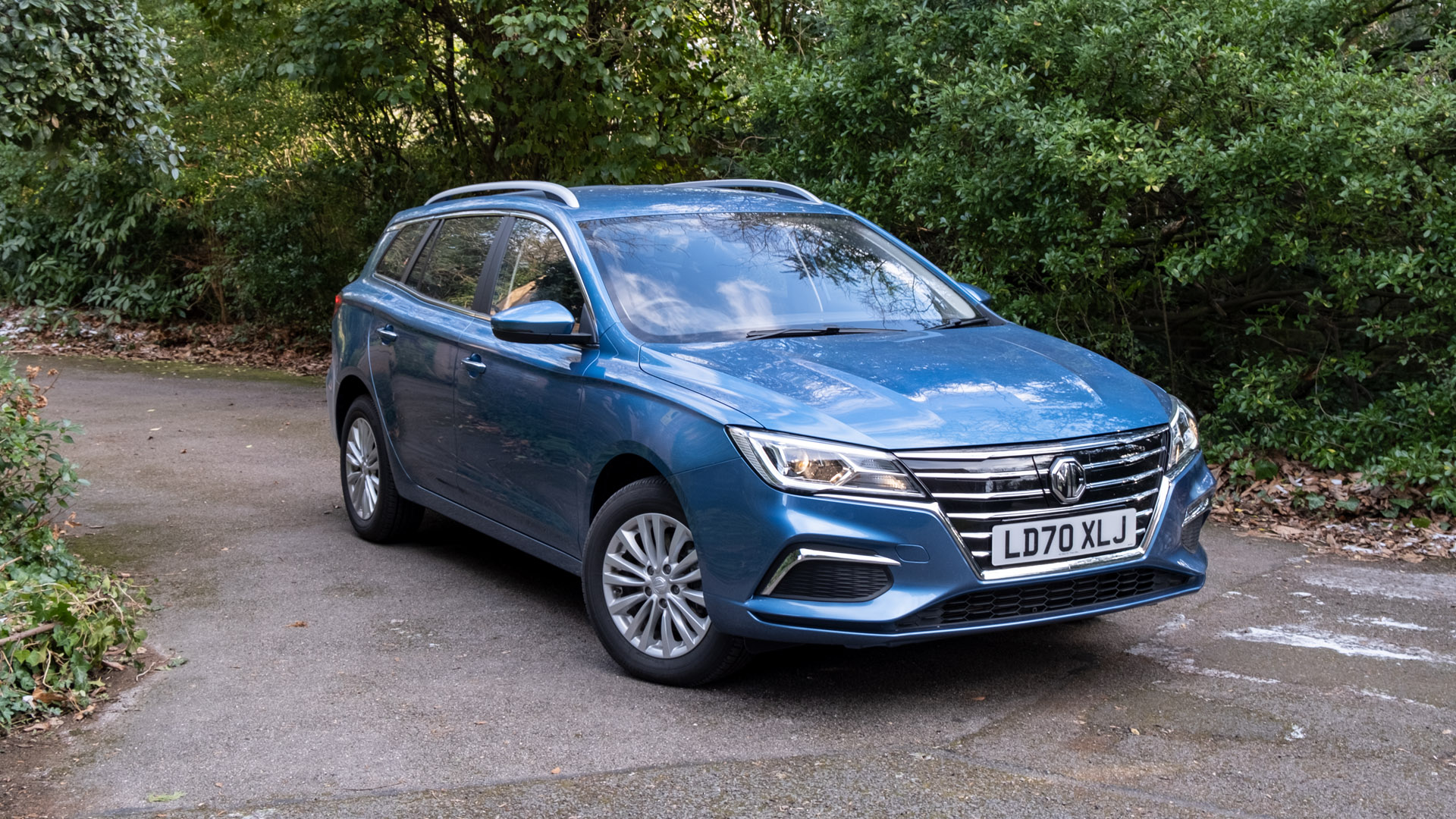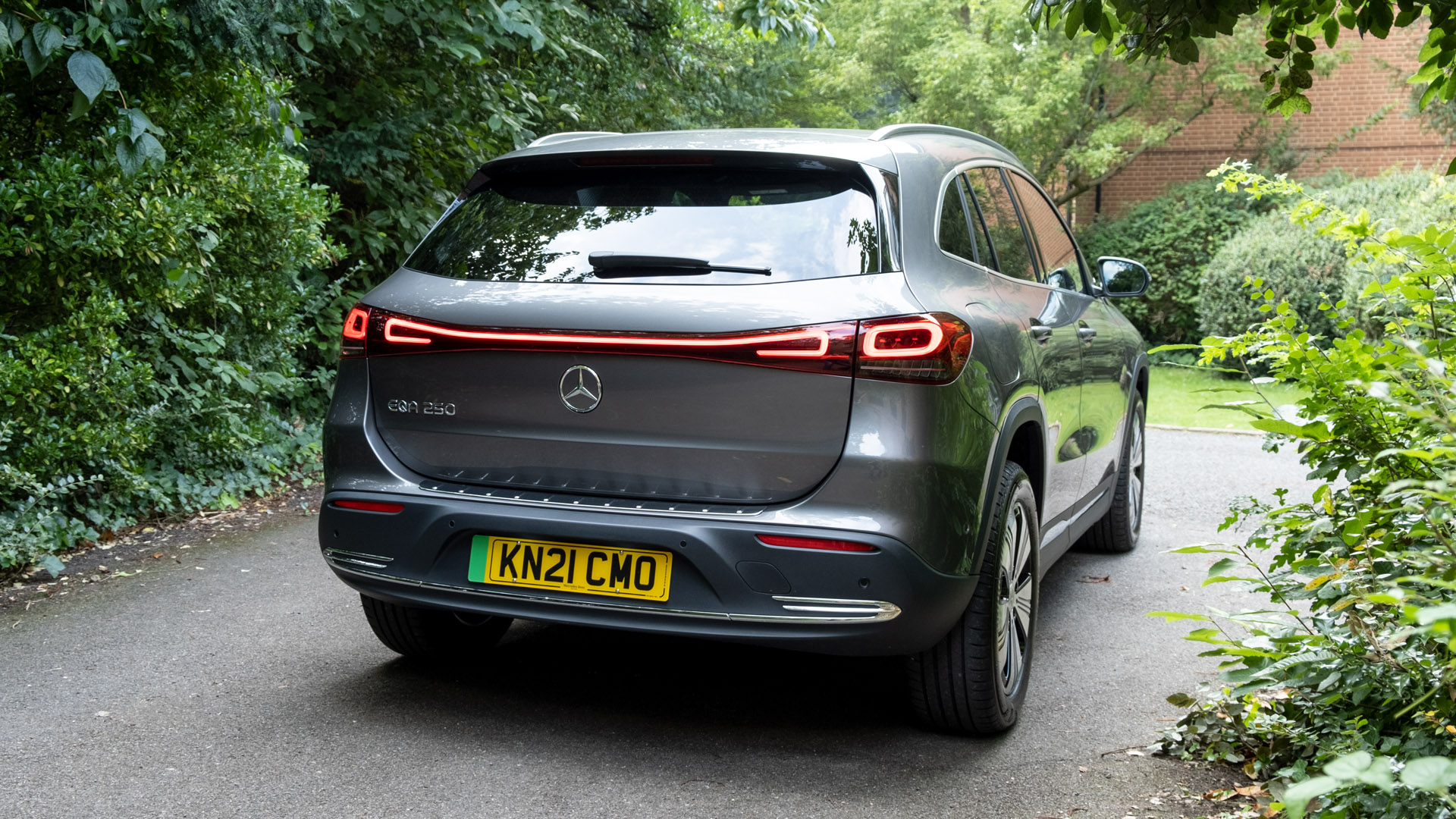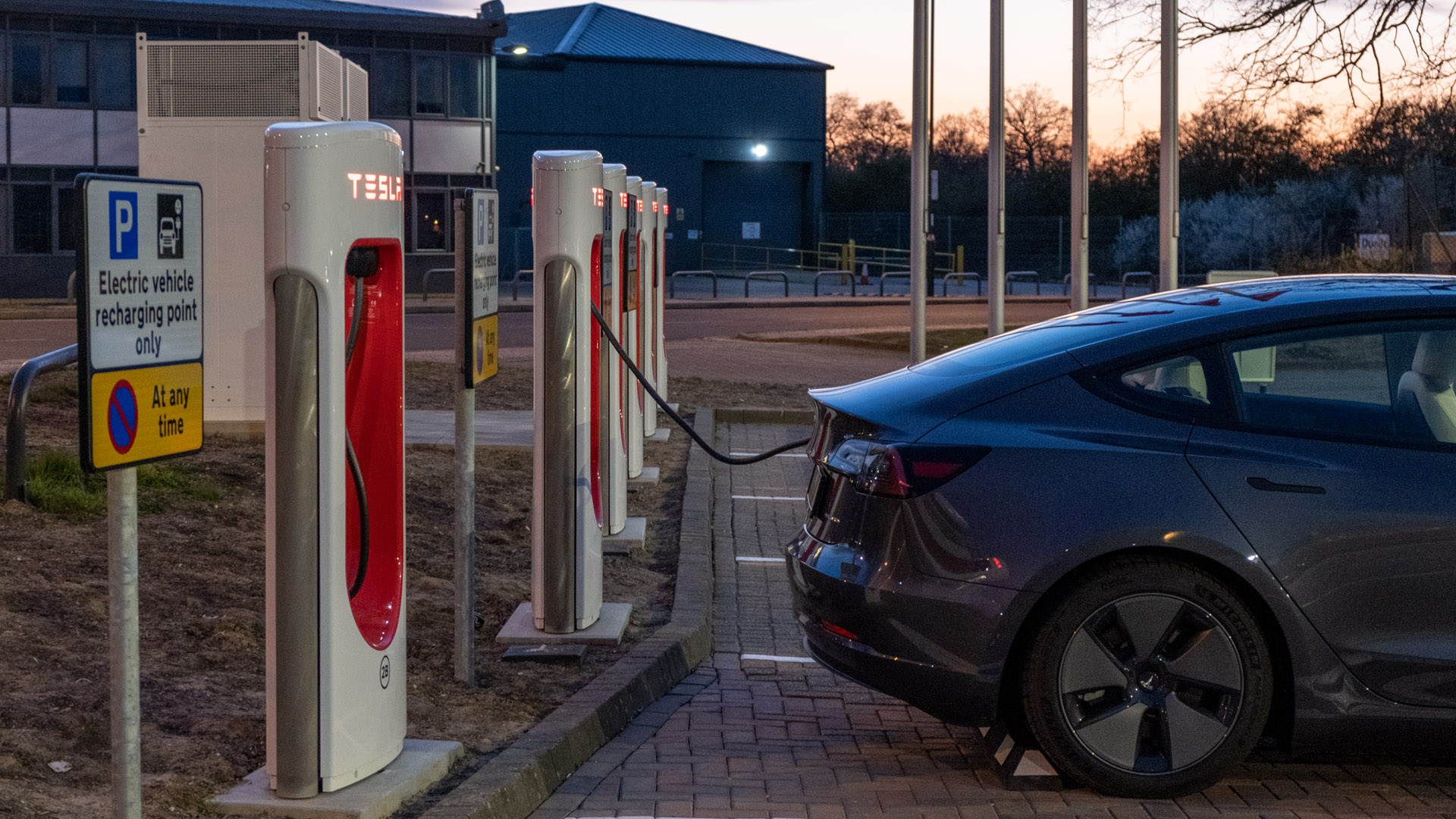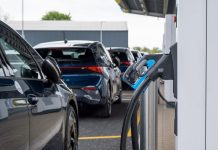The Government’s long-awaited Transport Decarbonisation Plan, published in July, outlined a strategy to decarbonise all forms of domestic transport in the UK by 2050. Heralded by Transport Secretary Grant Shapps as “high ambition”, the plan offers a clearer picture of the Government’s approach towards greener roads, setting phase-out dates for the sale of all new ICE heavy goods vehicles by 2040.
Whilst it’s positive to see a renewed commitment to sustainable infrastructure development, as the barriers to entry for electric vehicles (EVs) are removed, the Government must follow through with sustained investment that allows both consumers and businesses to move away from ICEs. EVs are a crucial part of the Government’s strategy, but what does the report mean for fleets and manufacturers looking to reduce their emissions and go green?
To help answer the question, TotallyEV reached out to Jon Lawes, Managing Director of Hitachi Capital Vehicle Solutions for his insight.
A green fleet future
A key market for EV uptake is, of course, fleet. Driven by extremely attractive Benefit-in-Kind (BiK) rates until at least March 2025, company car drivers are leading the transition to EVs. Within the overall Transport Decarbonisation Plan, the Government has published a new 2035 Delivery Plan with a clear roadmap beyond the 2030 milestone – all new cars and vans will be 100% zero-emission at the tailpipe by 2035.
Strategies such as a local EV infrastructure fund and a commitment to install six rapid charge points at every motorway service station by 2024 make for encouraging reading for fleets. However, to make the switch to EVs viable for all drivers, the Government must follow through by working with the private sector to implement this change – initiatives such as Hitachi Capital’s partnership with GRIDSERVE, which last year launched the UK’s first Electric Forecourt and is delivering the rollout of rapid chargers across the UK road network, play a vital role in driving the switch to electric.
It’s encouraging to see the government leading by example: the Transport Decarbonisation Plan pledges that 25% of the central government car fleet will be transitioning to ultra-low emission vehicles by December 2022 and 100% of the 40,000 cars and vans will achieve zero emissions status by 2027.
Read next: The best dash cams to mount inside your vehicle
Onus on manufacturers
Both the government and the automotive industry have a duty to further accelerate the transition to electric. For EVs to become a viable alternative beyond company car drivers, manufacturers must ramp up production in the coming years, providing a wider choice of competitively priced models. Despite a growing demand for alternatively fuelled vehicles in the UK, current supply shortages continue to suppress growth within the EV market, a factor that needs to be considered as part of the decarbonisation roadmap for the sector.
Furthermore, it’s encouraging to see announcements from certain automakers pledging to go all-electric ahead of the 2030 ban, but to realise more widespread commitments from carmakers the Government must introduce policies that phase out petrol and diesel vehicles but accelerate the transition to electric production.
Read next: Volkswagen ID.4 review: Better than the VW ID.3?
The potential for a zero-emissions vehicle (ZEV) mandate, as outlined in the Transport Decarbonisation Strategy, could help ensure that the automotive industry meets its 2030 and 2035 targets and the rising demand for ZEVs from businesses and consumers. High profile announcements, such as the news that Stellantis will open Europe’s first dedicated EV factory in Ellesmere Port, shows that the UK is in a strong position to significantly increase its EV production in the coming years. Additionally, the Government’s pledge to deliver £500 million of support to create a competitive electric vehicle supply chain through the Automotive Transformation Fund will put the UK in a strong position to meet its 2050 net-zero goals.
The latest Transport Decarbonisation strategy from the Government makes for promising reading. Electric vehicles are the fastest-growing sector of the car market, and as identified in last year’s Net Zero Review Interim Report, are critical in hitting net-zero targets. The policies outlined in the Department for Transport’s report will play a key role in unlocking the investment needed to accelerate EV uptake and mark a step change in our journey along the road towards a fully decarbonised transport network.
Read next: Small-sized EV batteries and slow charging will soon be obsolete
With only two leasing renewal cycles left for UK fleets before the government decarbonisation deadline of 2030, it is vital businesses understand how to make the switch to zero emissions as seamless as possible, using cost-effective solutions that minimise complexities and maximise efficiencies.

